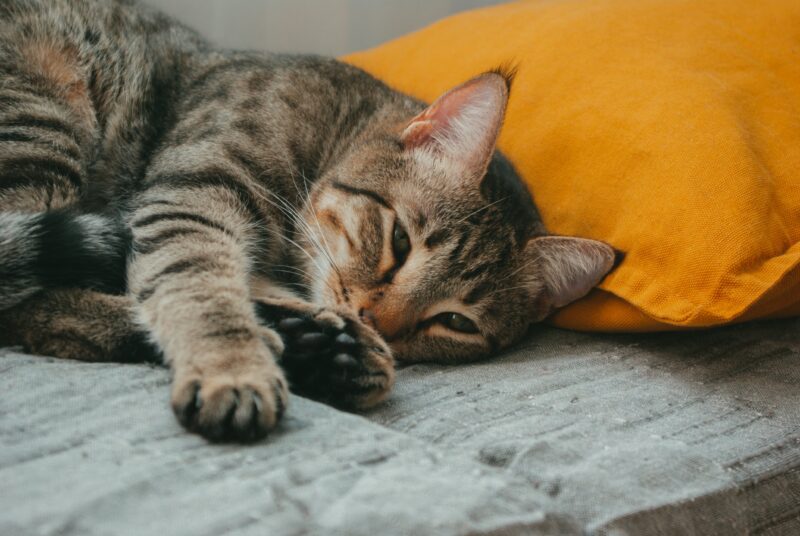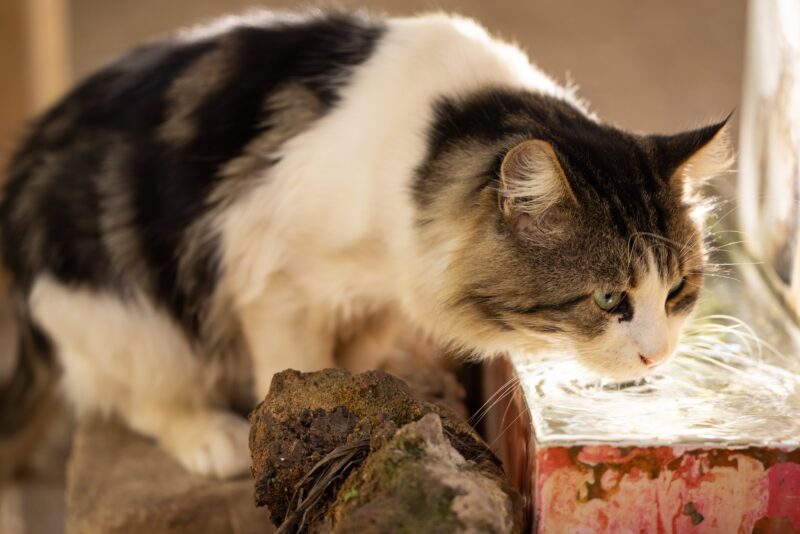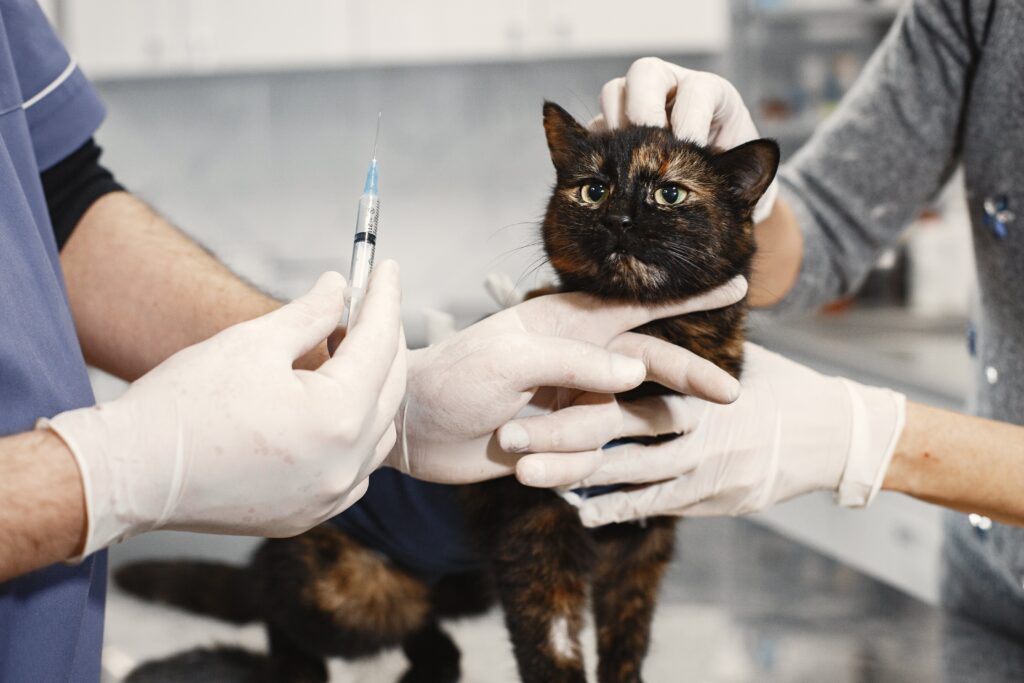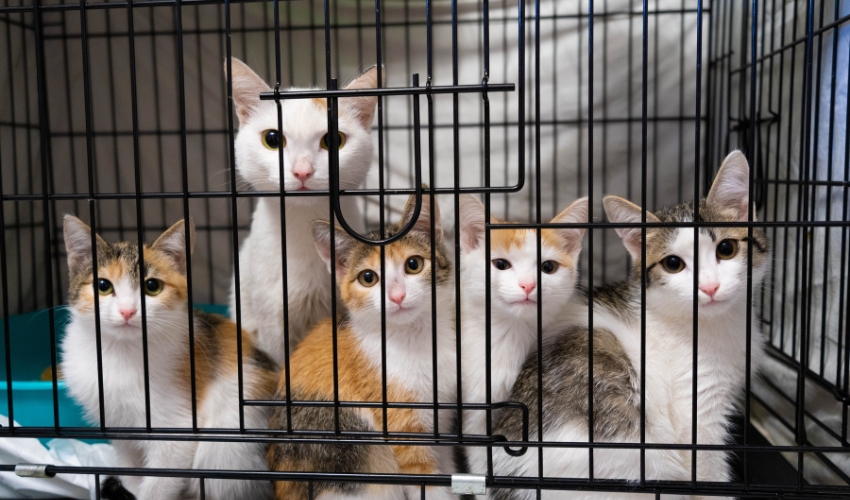For millennia, cats have been an integral part of human existence. Every cat, whether they are playful and mischievous or royal and independent, has a certain allure that captures the hearts of people who are lucky enough to live with them. Not everyone is blessed and capable of taking care of these wonderful creatures. A lot of people would want to adopt one but don’t have the means to ensure that they are provided with everything they need to survive. Moreover, what does one do when the pets they consider as family started feeling severe pain and would need to seek medical attention?
We are all aware that maintaining your cat’s health is essential to building a long-lasting and fulfilling relationship. The cornerstone for ensuring your feline friend’s health, just like with humans, is a regular veterinary visit. It’s also essential to feed them a food that is healthy, balanced, and appropriate for their age, breed, and health needs. With these, you not only increase their longevity but also guarantee that each of their nine lives is lived fully and in a condition of optimal well-being by taking proactive measures to meet their health demands.
However, no matter how hard we take care of our beloved furry babies, we still cannot totally guard them from all the sickness and diseases. One of the most common diseases our furry friends seem to acquire is Urinary Tract Infection. The general name for disorders affecting the urinary tract in cats is FLUTD, or feline lower urinary tract disease. This is when urinating starts to hurt and is difficult. It is crucial that you see a veterinarian as soon as you suspect your cat is having a urinary tract infection (UTI) because these illnesses can range in severity from mild to lethal.
It can be challenging to determine the source of a urinary tract infection (UTI) in cats, especially if the animal is free of kidney or bladder illness. This indicates that the bladder is inflamed, although the cause is not immediately apparent. According to study, Feline Idiopathic Cystitis or FIC is identified in about 65% of cats with UTIs and other urinary tract infections.
Based on research, tabbies are infamous for hiding their symptoms from their human companions. It takes keen observation to realize that your cat is experiencing something unusually painful. They wouldn’t be able to speak to us and tell us what’s wrong. The tricky part is we have to figure it out for them. Whenever you suspect that your beloved bestie is going through some discomfort, it is very important to immediately seek medical attention from the nearest veterinarian and get them checked. As for urinary tract infections on these cute creatures, these are the symptoms that you should not ignore. To be apathetic whenever signs of these manifest could lead to urethral blockage, and it has proven to be fatal.
- Trouble urinating
- Yawning while taking a pee
- Regular grooming of the genitalia
- Frequent urination that produces little to no urine
- Genitalia swelling
- Particles of grit on the genitalia
- Pee stained with blood

Whenever these signs and symptoms become apparent on your little furry babies, it is important to stay calm and collected. Tabbies are frequently quite good at sensing the emotions of their owners, particularly agitation. Being perceptive creatures, cats are able to detect these changes and may respond appropriately. Certain cats might react by showing signs of alertness, pulling themselves into a quiet corner, or becoming more circumspect.
When this happens, know that there are a lot of ways to get your cats treated. Here are some of the most common treatments for urinary tract infections in cats. Please note that treatments vary from the diagnosis.
Antibiotics
For cats suffering from urinary tract infections (UTIs), antibiotics are a popular and successful therapeutic option. Cat UTIs are usually caused by bacterial infections, which are treated with medications that target and eradicate the infection-causing germs.
Even if the cat’s symptoms subside, it is still imperative to finish the entire course of treatment. This lowers the chance of a recurrence and the development of antibiotic resistance by ensuring that all bacterium responsible for the infection is totally eliminated.
Clearing Obstructions in the Urethra
Obstruction is potentially fatal and frequently necessitates hospitalization. Urinary blockages do not always result in survival for cats, even with prompt treatment. To remove the blockage, the veterinarian will place a tube into the urine opening and flush the region with sterile fluid. Additionally, follow-up care can be necessary.
Diet
In some situations, your cat’s bladder stones may resolve with a certain diet. To stop such stones from forming in the future, your veterinarian could recommend a specific diet. Though veterinary visits would be the primary option, there are also home remedies that you can try to treat your fur babies. According to webmd, there are ways to treat UTI or even prevent it.
Enhanced Water Consumption
Urge your feline friend to sip on more water. This aids in urine dilution and urinary tract bacterial removal. Water fountains, wet cat food, or a tiny bit of water mixed into your cat’s food could all be beneficial.

A Healthy Diet
Give your cat nutritious, well-balanced food that promotes urinary tract health. There are cat meals specifically designed to support urinary tract health, and your veterinarian might suggest one.
Litter Box Hygiene
Keep your cat’s litter box clean. A clean environment reduces the risk of bacterial contamination and promotes good hygiene.
The dazzling threads of feline companionship weave a fabric of joy, warmth, and unshakable loyalty in our lives. Our cats, with their purrs, playful antics, and comforting presence, enrich our days immeasurably. Therefore, let us be guardians of their well-being,












